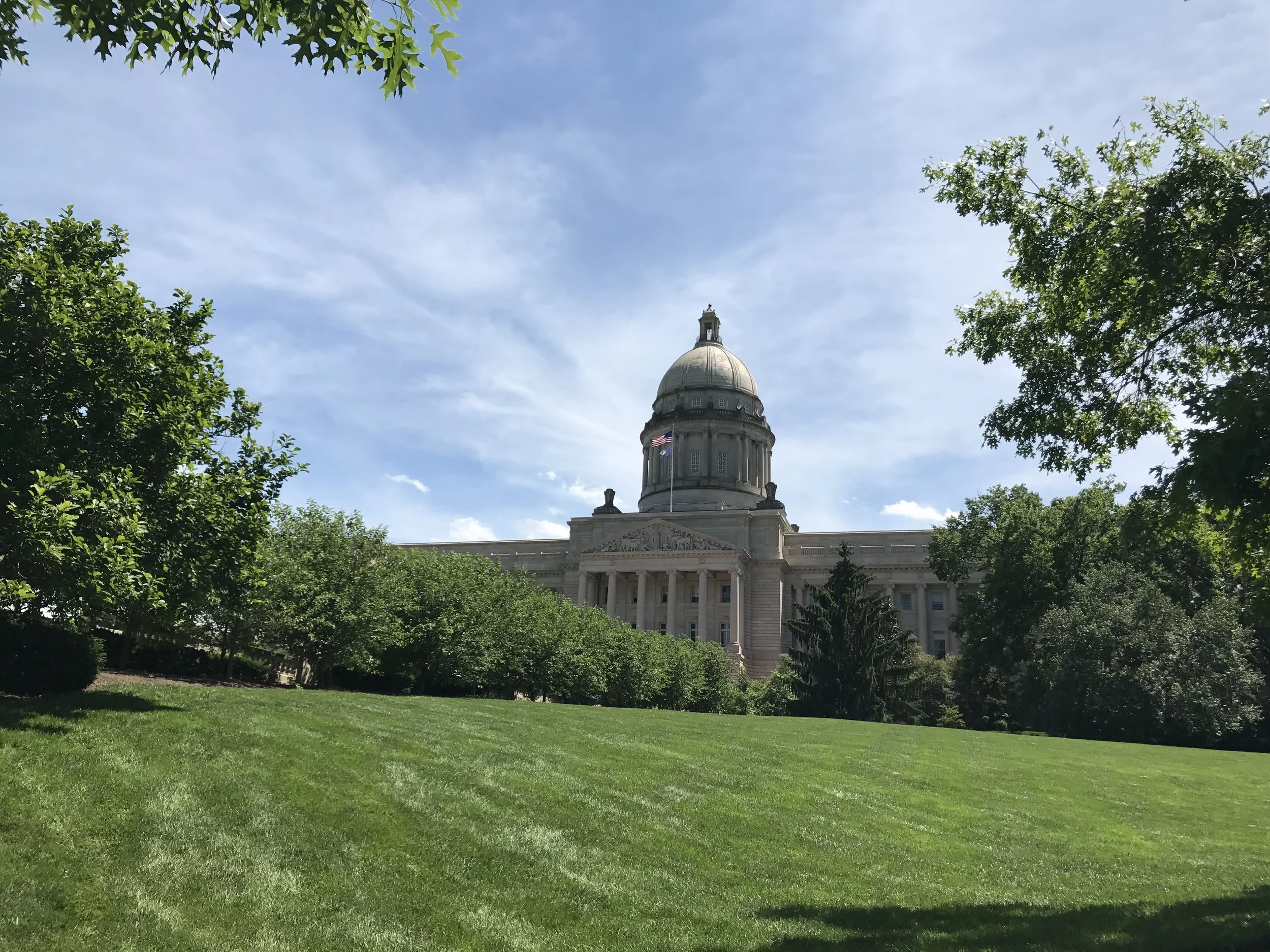Bringing about a flurry of facts and a storm of misconceptions, Kentucky’s pension crisis has become one of the most dominating news stories in recent months. One thing is for certain: if our state pensions are not addressed in the very near future, we will face huge cuts in state funding. Education, Medicaid, and other government services would likely be affected—a risk our state is not in a position to take.
So how did we get to this point? In the early 2000’s Kentucky’s pensions were in a healthy condition. While there was not one single cause for the pensions’ downhill slide, factors such as faulty assumptions led to underfunding which continued throughout the decade. The lack of proper funding over this amount of time eventually led to the critical state of our pensions today. The General Assembly took steps toward reforming the Kentucky Employees Retirement Systems (KERS) and the County Employee Retirement System (CERS) in 2013, but unfortunately the Kentucky Teachers Retirement System (KTRS) was not included in those measures and the problem continued to grow.
This is not a partisan issue. In 2016 the General Assembly—Republicans and Democrats—made a commitment to address the problem. This started with a dedication of $1.2 billion annually to help with the shortfalls in KERS and KTRS as well as establishing a permanent pension fund. We also hired a third party organization, the PFM Group, to investigate the state of our pension systems.
In 2016, PFM was hired pursuant to legislation that passed 38-0 in the Senate and 99-1 in the House.
On Monday, August 28, the PFM Group gave its final presentation to the General Assembly’s Public Pension Oversight Board, offering its recommendations on how to best address the problem. I, along with my colleagues in the General Assembly and Governor Bevin, will consider PFM Group’s recommendations and craft a plan that will be implemented in a special session.
What happens if we keep kicking the can down the road? The only path forward would be to cut funding in other areas of state government. Kindergarten-12 public education, already under the burden of larger class sizes, too few teachers, and a shortage of resources, could face cuts. Higher education would also feel the cuts and make college less affordable. Medicaid, public safety and infrastructure—all services of state government many would agree are mission-critical—would also suffer in this unfortunate scenario.
However, there are ways to avoid that situation. There is a path forward that allows us to balance our legal and moral obligation to our retirees while reforming the broken systems. Our priority is ensuring our retirees have a secure retirement that will provide for them in the years to come without taking away from other priority state programs. Addressing this crisis will not be an easy task, but I will continue to work alongside my colleagues in the General Assembly to ensure we find a solution that provides for our retirees while being responsible stewards for taxpayer dollars. Now that the study from PFM has been completed, discussions on specific policies will begin. If you have questions or concerns about pension reform, please do not hesitate to contact my office directly. If you would like to see the reports for yourself, head to kentuckypensions.com.
If you have any questions or comments about these issues or any other public policy issue, please call me toll-free at 1-800-372-7181 or email me at Whitney.Westerfield@LRC.ky.gov. You can also review the Legislature’s work online at www.lrc.ky.gov.
###







